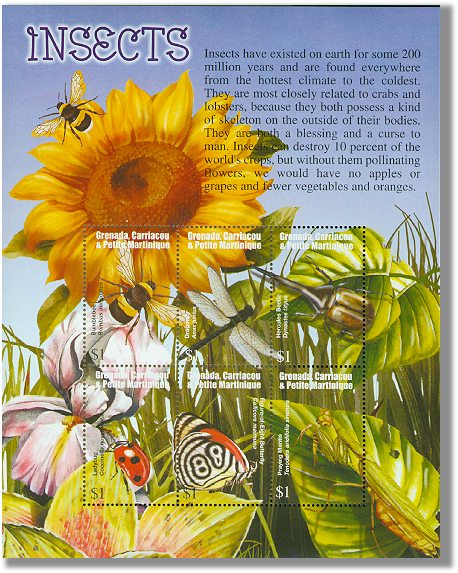Individually, insects are not incredibly interesting, unless you get down on the ground or view them under a microscope to look at their complexity. But they are the invisible force working throughout the world to keep it running. There are 1.4 billion insects for each one of us. Insects are “the lever pullers of the world,” says David MacNeal, author of Bugged. They do everything from feeding us to cleaning up waste to generating $57 billion for the U.S. economy alone. Almonds in California or watermelons in Florida wouldn’t be available if it were not for bees. Insects also return nutrients to the earth. If they weren’t around, the amount of decay and rot all over the place would be terrible. We don’t notice these services because insects are so small and we often see them as this nuisance. Bug extinction is one of the most extensive extinctions on the planet. It’s scary because you don’t notice it until it’s too late.
E.O. Wilson has called leafcutter ants, “Earth's ultimate superorganisms.” Tell us about these amazing creatures—and what social organization in ants can tell us about our own societies. We used to think that there was this class-based structure with ants. You had the worker, the soldier and, sitting above it all, the queen. However, entomologists today are finding that a lot of it is self-governance and that ants are communicating to each other at great speeds. You’ll have ants passing each other along a trail, making antennal taps, like Morse code: Hey, we gotta go this way, or go here for foraging. Today, many species are faced with extinction. When National Geographic caught up with MacNeal in Los Angeles, he explained why this would be catastrophic for life on Earth.
Source: National Geographic, August 6, 2017
http://news.nationalgeographic.com/2017/08/insect-bug-medicine-food-mac…

- Login om te reageren
